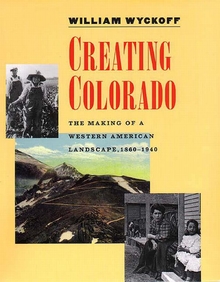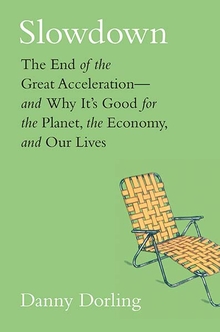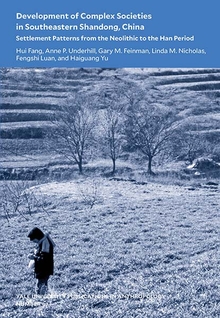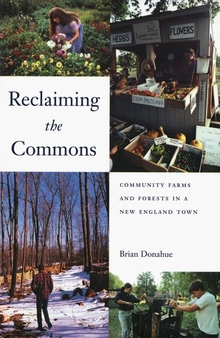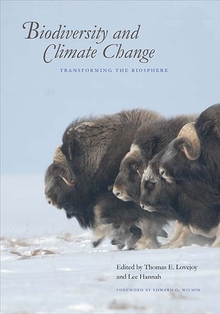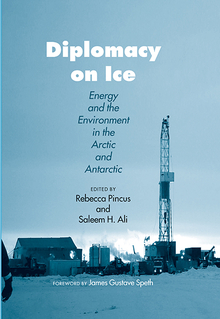Creating Colorado
WARNING
You are viewing an older version of the Yalebooks website. Please visit out new website with more updated information and a better user experience: https://www.yalebooks.com
The Making of a Western American Landscape, 1860-1940
William Wyckoff
Wyckoff discusses how nature, capitalism, a growing federal political presence, and national cultural influences came together to produce a new human geography in Colorado. He explains the ways in which the state’s distinctive settlement geographies each took on a special character that persists to the present. He leads the reader through the transformation of the state from wilderness to a distinct region capable of accommodating the diverse needs of ranchers, miners, merchants, farmers, and city dwellers. And he describes how a state created out of cartographic necessity has been given uniqueness and meaning by the people who live there.
A selection of the History Book Club
"A complex, richly rewarding original study that informs us about the entire West as well as about Colorado."—Howard R. Lamar, editor of The New Encyclopedia of the American West
"A detailed, comprehensive scrutiny of landscape rapidly shaped, reshaped, and perceived."—John R. Stilgoe, Harvard University
“By analyzing the influence of culture, capitalism, resources, the environment, and other related forces in the formation of Colorado, Wyckoff has produced a study that nicely complements more traditional histories that focus more on political developments and on the role of individuals. . . . An effective model for state-based historical geographies.”—Richard N. Ellis, Journal of American History
“This is a useful and engrossing book, and anyone interested in the historical geography or environment history of Colorado and the American West should read it.”—Mark Fiege, Environmental History
“The reader has in this book, then, not only a historical geography of Coloroda but also an analysis of the historical influences that have shaped the region of the American west, an example of some of the interpretive frames for our disciplines, and an exploration of the forces common to any history or social science work. The result is potent indeed. . . . Wycoff has written a terrific book. Most obviously useful to anyone interested Colorado or western history, it also serves to enrich traveling Colorado.” —Thomas R. Vale, Progress in Human Geography
“William Wyckoff has written an engaging and informative study of the historical geography of Colorado.”—Ellen R. Hanson, Economic Geography
“[O]ne of the most important geographical contributions to the literature on the American West to appear in recent times, epitomizing what John Fraser Hart has characterized as ‘The Highest Form of the Geographer’s Art.’”—Robert A. Sauder, Geographical Review
“With enviable mastery of historical sources and a sparkling style, Wyckoff examines Colorado as a culture landscape. . . .[T]his book is eye-opening.”—Thomas J. Neal, Montana: The Magazine of Western History
“A comprehensive guide to the intermingled influences that produced the modern Colorado landscape. . . . Wyckoff’s book is a welcome contribution to the literature of historical landscape studies. Whether or not the processes he identifies can be generalized across the American West, he demonstrates convincingly that they have molded Colorado.”—Annals of Iowa
“Wyckoff’s research is broad and deep, but it is his combination of archival and field research that is most telling. A keen reader of the sensory environment, his text gives the rich flavor of being emplaced in descriptions of Colorado’s climates, colors, spaces, and materials. For a landscape so often associated with natural scenic splendor, the book excels in its urban landscape analysis. . . . An excellent selection of maps and images is an essential adjunct to his text.”—Great Plains Quarterly
“An important contribution to the study of the Centennial State and the American West. . . . [Wyckoff] provides a rich and detailed analysis of the new social and spatial character imposed upon the region as it was incorporated into an expanding global economic system during the late nineteenth and early twentieth centuries.”—Brian Page, Great Plains Research
Publication Date: February 8, 1999
106 b/w illus.

